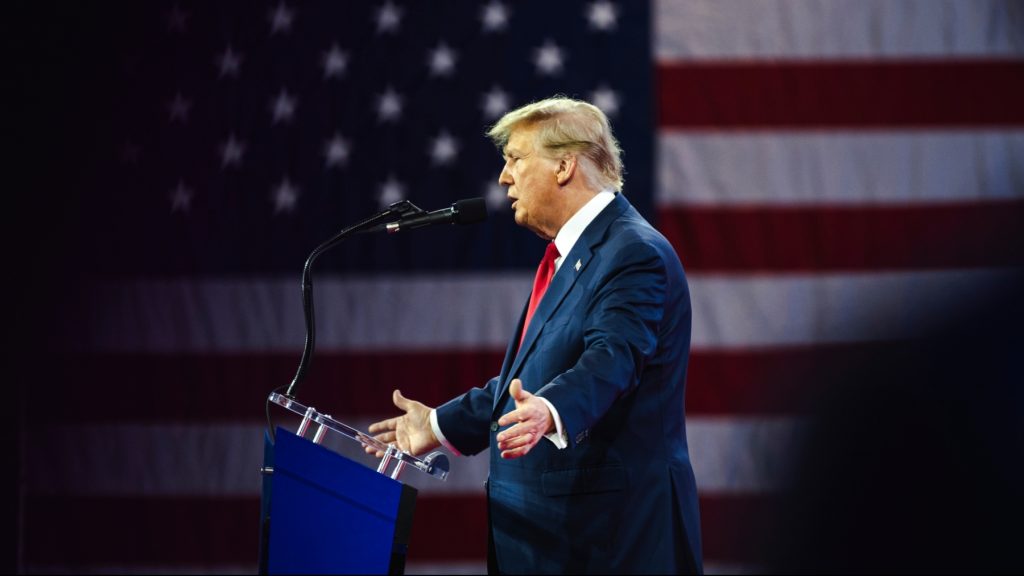
With only two weeks left in the White House, the Biden administration is trying to secure billions in CHIPS Act funding to counter China’s semiconductor dominance before President-elect Donald Trump takes office in January 2025.
If successful, Biden’s CHIPS Act funding could be a cornerstone of US efforts to strengthen domestic chip production and technological competitiveness.
US Semiconductor Chips Act
In 2022, Biden signed the US CHIPS Act, allocating $280 billion in funding to boost semiconductor research and manufacturing in the country.
The Semiconductor CHIPS Act gained bipartisan support in Congress and was welcomed in both Democratic and Republican states for attracting advanced manufacturing facilities and creating jobs.
However, public concerns over Donald Trump CHIPS Act were ignited over how he will act once he takes office on January 20. The Trump CHIPS Act looks uncertain, especially that it put behind Biden’s efforts in complex negotiations with chipmakers.
During Joe Rogan Experience podcast shortly before the election, Trump described the US CHIPS Act as being “so bad.”
Trump accused Taiwan of “stealing” the US chip industry, signaling his strict stance on CHIPS Act requirements.
Of the 24 US CHIPS Act fund, most are US-based companies, with Intel securing a $7.9 billion last month.
Recently, agreements with TSMC and GlobalWafers were finalized with the Commerce Department after initial nonbinding memorandums.
TSMC secured $6.6 billion in grants and $5 billion in loans for four Arizona facilities, while GlobalWafers received $406 million for projects in Missouri and Texas.
Although President-elect Trump cannot cancel the CHIPS Act supply chain on his own, analysts suggest he could hinder implementation by delaying fund distribution through the new Elon Musk-led Department of Government Efficiency (DOGE).
Foreign Companies on the US CHIPS Act
Earlier this year, Japan approved $3.9 billion in subsidies for domestic chipmaker Rapidus and plans to spend up to $65 billion through public and private funding to compete with neighboring chip-making nations.
According to EIU’s Lee, the problem lies in the change of administrations which will not comfort companies to continue with negotiations,
“The allocation has already taken more than two years since the bill’s passage. Businesses don’t like to wait, and they don’t like uncertainty,” he told Al Jazeera.
In the meantime, China pledged $45 billion to fortify its chip industry in response to US applied materials’ CHIPS Act controls, but the political gridlock across East Asia is creating more uncertainty for governmental response to Trump’s semiconductor rules.
Taiwan’s Ministry of Economic Affairs declined to comment on the US CHIPS Act before Trump takes office but indicated it is concerning. The US CHIPS Act is an additional major challenge for East Asian leaders and their local companies.
“I would expect Korea, Taiwan and Japan to look at the big picture of how best to maintain good relations with the US rather than focusing only on the CHIPS Act,” Reinsch, a senior economic adviser, told Al Jazeera.
It looks like the coming years under Trump’s reign will be very difficult to foreign Chipmaking companies and will reshape the industry. The question is, will East Asian countries be easy going with Trump’s chips act requirements to protect their industry or will the tensions rise even more?
Inside Telecom provides you with an extensive list of content covering all aspects of the tech industry. Keep an eye on our Tech sections to stay informed and up-to-date with our daily articles.